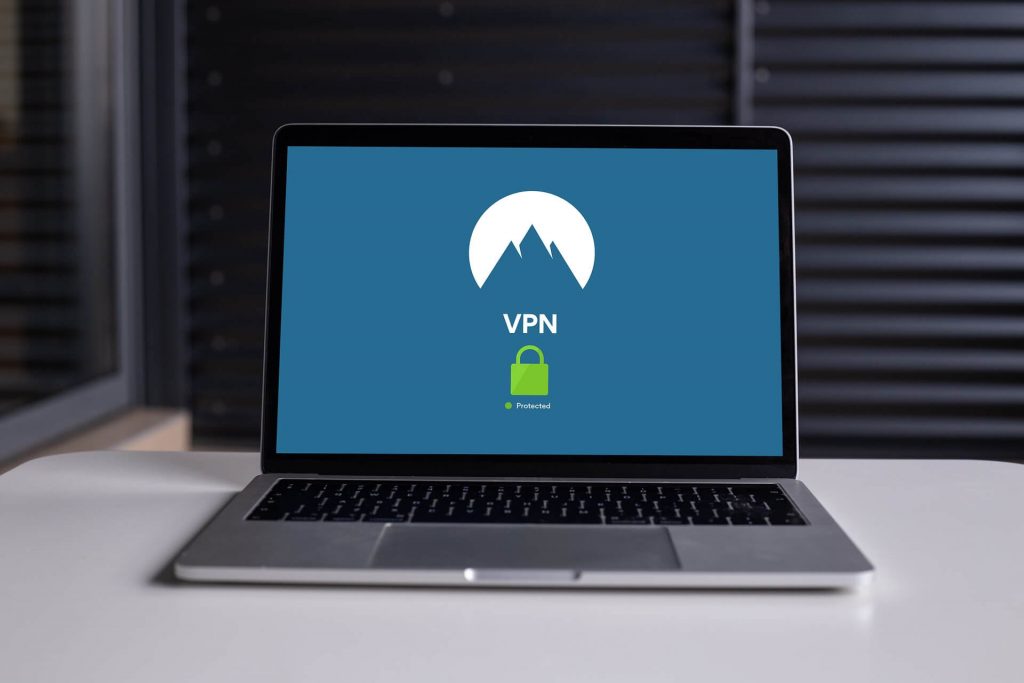A VPN (Virtual Private Network) is a service that lets you access the web safely and privately by routing your connection through a server and hiding your online actions.
How it Works?
Here’s how a Virtual Private Network works for you, the user. You start the VPN client (software) from your VPN service. This software encrypts your data. The data then goes to the VPN and from the VPN server to your online. The online destination sees your data as coming from the VPN server and its location, not from your computer and your location.
Though it’s the standard, this connection has some flaws. All of your data is out there in the open, and any party can peek at what you’re sending.
The internet is a collection of servers responsible for storing websites and serving them to anyone who wants to view them. Those servers talk with each other all the time, including sharing your data with each other to ultimately let you browse a page. Great for you to be able to surf, but not great for privacy.
If it’s just a fun website that you’re looking at then no need to worry. It doesn’t matter if someone sees your data. But if it’s online banking, business email, or anything else that’s a bit more sensitive, it will be different.
When you use a VPN service, your data is encrypted, goes in encrypted form to your ISP then to the VPN server. The VPN server is the third party that connects to the web on your behalf.
This solves the privacy and security problem for us in a couple of ways:
The destination site sees the VPN server as the traffic origin, not you.
No one can (easily) identify you or your computer as the source of the data, nor what you’re doing (what websites you’re visiting, what data you’re transferring, etc.).
Your data is encrypted, so even if someone does look at what you’re sending, they only see encrypted information and not raw data.




